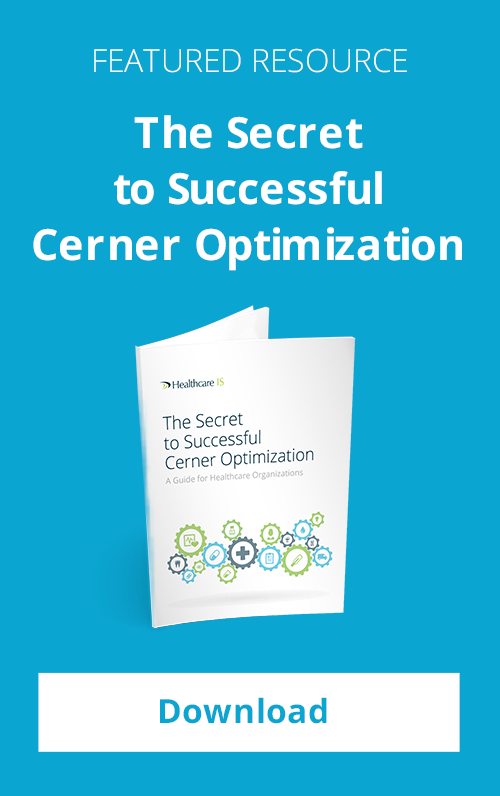 When managing their careers, people in the healthcare IT marketplace are faced a unique challenge: limited options compared to people in other industries.
When managing their careers, people in the healthcare IT marketplace are faced a unique challenge: limited options compared to people in other industries.
As a professional who works with a specific software application or a type of technology, you get to a point where your compensation and options are in direct proportion to the amount of experience you have in your area of specialty.
For instance, if you have years of experience working with particular vendor software, you’ll have the most value to other organizations that use the same software. If an organization uses Cerner as their software solution and they have a job opening, they’ll obviously look for job applicants with Cerner experience before considering candidates with other vendor software experience.
That said, organizations that will find you the most valuable are those that have solutions installed with which you have experience. Being that even the largest vendors rarely have more then a 20% market share, only about 20% of hospitals in the marketplace (and in most cases less than that) will view you and your expert experience as their top choice.
The second major factor limiting your options is how many hospitals exist in any given “local” marketplace.
What I mean by this is if you drive to work each day, and you work with Cerner software and decide you’d like to make a career change, how many other organizations will you find that use Cerner (where you will provide the most value) and to which you can commute every day? In just about all cases, having more than one other option will only occur less than 20% of the time. So, for most healthcare IT professionals, there will be maybe one or two other employment options in their local marketplace where they’ll be able to continue to work with solutions where they have most of their experience.
Let’s look at the pharmacy IT / pharmacy informatics marketplace. The same principles apply, but the numbers look less favorable than in the example above. Why? Not only is your highest value with the software you have, but also most of your experience will be with the pharmacy application or technologies used within the pharmacy. Because your deep knowledge is primarily in one area, pharmacy, you’re likely going to be valuable to an even more limited number of potential positions at those few organizations that do exist in your local market.
Now, if you can and are willing to consider relocating, then the number of organizations that could potential employ you would go up. But most people with whom we come in contact either cannot or simply don’t want to consider relocation as a career option.
This is why many pharmacy IT or pharmacy informatics consultants began to view consulting as an option.
By considering traveling three nights a week when relocation is not an option, you’ve essentially expanded the number of organizations that can use your knowledge and skills. Of course, going to an outside firm may not always be these organizations’ first choice, but they encounter the same issue when hiring people in their respective local markets as do job seekers in finding new jobs in their local markets: limited options. So, just as job seekers look to consulting for additional work or career options, hospitals look to consulting firms to augment their staff when local candidates do not exist.


Comments